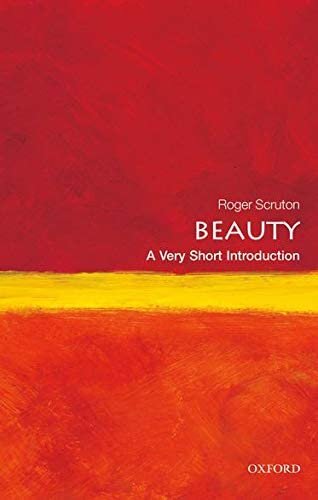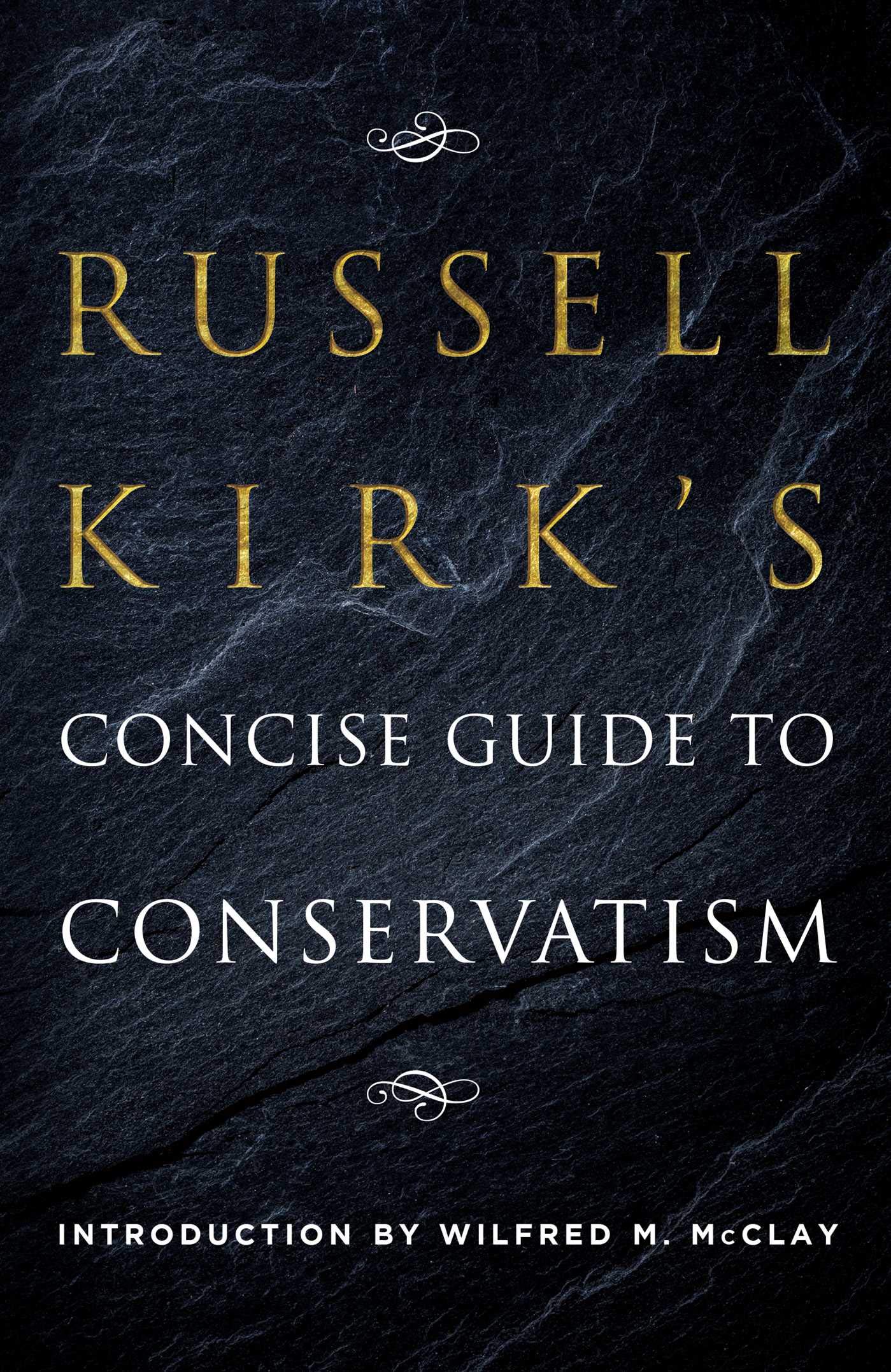You probably haven’t heard of Kuehnelt-Leddihn. His books are very hard to find and he is unjustly neglected. Here’s a short introduction from Butler:
Born in Austria-Hungary in 1909, the Catholic nobleman lived a fascinating life. He began working as a journalist at age 16 and continued as a serious writer and thinker until his death in 1999. He visited dozens of countries, and all 50 U.S. states. He spoke eight languages and could read eleven others. He claimed to have once seen the Devil himself. William F. Buckley described him as “the world’s most fascinating man”; he could quite easily have competed with the Dos Equis guy as “the most interesting man in the world.”
“His thought was as interesting as his life,” Butler writes, and goes on to give a very good précis of Kuehnelt-Leddihn’s fundamental ideas, assumptions, and suspicions. “He was an Austrian monarchist* . . . who believed that monarchy and aristocracy (and Catholicism!) could be better safeguards of liberty than democracy was.” And he “was skeptical not only of democracy, but also of nationalism. He viewed them as related phenomena.”
Reading Kuehnelt-Leddihn was a watershed for me. Up until discovering him during graduate school, whatever ideas I had about politics, culture, religion, and history were separately and often haphazardly formed, and influenced more often than not by whatever neocon happened to be expressing himself most pithily at the time. Kuehnelt-Leddihn challenged me at every point, and won me over in pretty much every category Butler mentions above. He reshaped me.
An uncredited reviewer of The Menace of the Herd, which I quote below, writes at the Mises Institute that “[T]o read [Kuehnelt-Leddihn] is to experience something of an intellectual liberation from every sort of conventional wisdom.” This was precisely my experience. Only Chesterton has struck more deeply into me.
I highly recommend Butler’s short article. (I haven’t yet read the one by Dougherty that provoked this; I was too excited to dive back into Kuehnelt-Leddihn.) Butler includes many good passages to give you not only the basics of Kuehnelt-Leddihn’s particular inflection of conservatism, but a feel for his writing and the manner—you could almost say texture—of his thought.** Among them is this passage on a crucial but often neglected distinction:
Patriotism, not nationalism, should inspire the citizen. The ethnic nationalist who wants a linguistically and culturally uniform nation is akin to the racist who is intolerant toward those who look (and behave) differently. The patriot is a “diversitarian”; he is pleased, indeed proud of the variety within the borders of his country; he looks for loyalty from all citizens. And he looks up and down, not left and right.
Kuehnelt-Leddihn, the polyglot polymath, was nothing if not conscious of words and their etymologies,† the subtle shadings of meaning between concepts so closely related that they tend to be carelessly lumped together and used interchangeably. Patriotism and nationalism are both ultimately Latin loanwords, but with an important gap between their roots—a nation is a people with shared lineage, a patria is a homeland.
So on the topic of homeland and patrimony, here’s a passage that’s been a favorite of mine for a long time. I quote it at length to capture that texture and because I’m tired and just having fun. This is Kuehnelt-Leddihn, in his 1943 book The Menace of the Herd, or: Procrustes at Large—written under a pseudonym‡ after having fled the Nazis, who had annexed his mountain homeland in 1938—writing about the culture and characteristic qualities of both his and my people: mountain people.
Many people see the “real” Europeans in these mountaineers. In these parts of the world traditions have been better preserved; patriarchalism, piety, loyalty, altruism—all the truly “romantic” virtues are here more at home than in the progressive plains. Other manifestations, such as the blood feud, also exist. Of course, the mountains are poor and bravery alone does not secure collective political influence. Thanks to the greater resources of the plains the mountaineers were always defeated in the long run but they regularly revenged themselves by producing a proportionately large number of political and military leaders.
Mountain culture is not “advanced.” It is nevertheless aristocratic and “democratic” (demophil) at the same time. It is patriarchal by nature and we have mentioned the fact before, that serfdom practically never existed among the mountaineers. The mountains were essentially free. “Freedom thrives in the mountains,” Schiller exclaims justly. Yet it is also interesting to see how violently the mountain peasant was attacked by the urban writers of the second half of the nineteenth century, attacked and vilified for his loyalty to traditions. Having no social grievances (lack of large estates) he was the very despair of urban, leftist agitators.
The thwarted intellectuals, slaving in the gigantic cities under heaviest pressure, developed often an almost sinister grudge against the mountains and the snow-covered peaks; he at least considered himself to be a “modern” while the mountaineer dwelt in darkest superstition. Yet the mountaineer always despised the people from the plains and the large cities and regarded them as miserable wretches, as proletarians and collectivized rabble, with an utter lack of personality.
The age of the rule of the plains and the cities, which put an end to the rule of the mountains and castles, was indeed the beginning of the decline of Europe. The association of Berlin with Moscow, of nationalism with socialism, was, even in a geographical sense, a league of monotony against diversity.
It must be admitted though that there is a great strength in the collective onslaught of the people of the plains—from a military, political, and economic point of view. The first half of the nineteenth century produced the most spectacular victories of the French arms, the second half the victories of Prussia and of the Germanies led by Prussia. The great soldiers of the sixteenth and seventeenth century were the Spaniards and the Swiss, but technical civilization and industrial progress necessitated a soldier with a minimum of personal initiative and a maximum of obedience, cooperative spirit and lack of originality. The virtues of the sixteenth-century soldier are still necessary prerequisites of alpine warfare, but for the war in the plains—“total” wars and not “little wars” (guerrilla)—fight, to think, to decide. In the plains officers used to ride at the head of their troops and directed the solidly advancing carrés with stentorial commands. Nothing of that kind is possible in the mountains where personal initiative is of greater importance than mere discipline and drill; even modern warfare in these parts is still individualized and numbers play a less important role than in the Lowlands.
Today it seems that European culture and civilization, once conceived and born in the craggy hills of Crete, Greece, and the Apennines, will be drowned in the monotonous, muddy plains between Paris and Moscow.
I feel this deeply. These are my people, recognizable across divides of time, culture, and an ocean. Kuehnelt-Leddihn calls us “mountaineers.” I call us “hillbillies,” a term I use with pride.
Read Butler’s piece, and seek Kuehnelt-Leddihn’s work out sometime and let him challenge you—especially if you’re a conservative. The Menace of the Herd is bracing and full of great passages but not my favorite of his books; another early one, Liberty or Equality, is on the same level, and helpfully set two incompatible abstractions in opposition for me for the first time. I’d recommend Leftism: From De Sade and Marx to Hitler and Marcuse for its scope and trenchant historical argumentation. The sort-of sequel, Leftism Revisited, is better remembered and seems more readily available, but I’ve yet to read that one. If you’d like a shorter read, seek out his early essay “Credo of a Reactionary,” which takes a bit of digging but can be found free online.
As a final measure of my appreciation for Kuehnelt-Leddihn, a character in several stories and a novel that I’ve been planning is based directly on him. You’ll know him if and when I ever write these—just look for a version of the above remarks about the mountains, delivered as a speech by a man in khaki standing on a precipice in the Holy Land.
But that’s for another time. Meanwhile, get to the mountains.
Footnotes
*The Austrian aspect of this is crucial to understanding Kuehnelt-Leddihn. Butler: “In 1990, EKL lamented in National Review that the ‘democrats’ prevailed in urging the dissolution of the Habsburg empire. This left its former subjects ‘to their unhappy, and in some cases truly gruesome, fates.’” Just yesterday I was reading about Peter Lorre, a German-speaking Hungarian Jew born in a majority Slovak region of the Austro-Hungarian Empire. A vision of a lost world.
**Including many, many asides and discursive tangents in his footnotes. I excised the footnotes from the passage in The Menace of the Herd that I quote but include my own in this post as a tribute.
†William F Buckley’s Cancel Your Own Goddam Subscription, an anthology of National Review letters to the editor and his responses, includes a genuinely hilarious exchange in which Kuehnelt-Leddihn spends several pages cataloging the linguistic, cultural, and historical errors and miscalculations in Buckley’s latest spy thriller. Buckley replies: “Dear Erik: Forget it. Am resigning, going back to school. What can I pay you not to read my next book?”
‡Anglophiles and Scots will get some sense of Kuehnelt-Leddihn’s loyalties and beliefs from his pen name: Francis Stuart Campbell.













